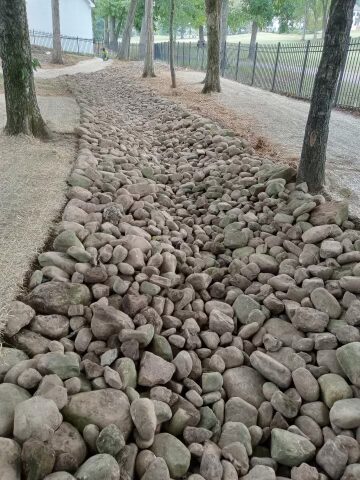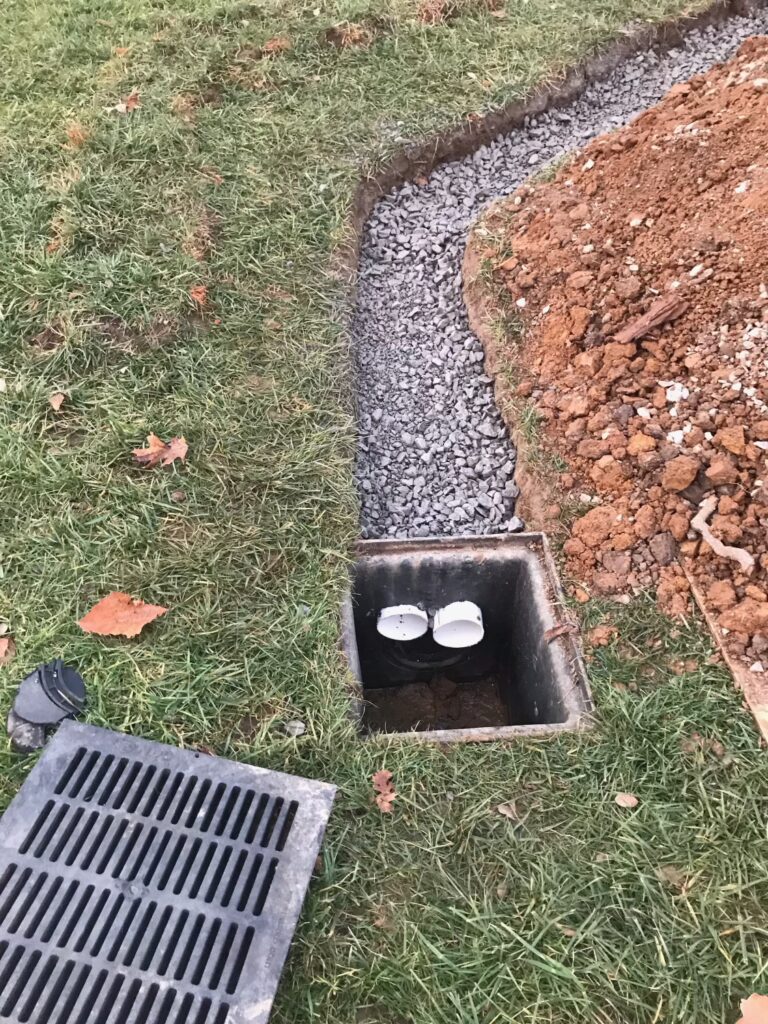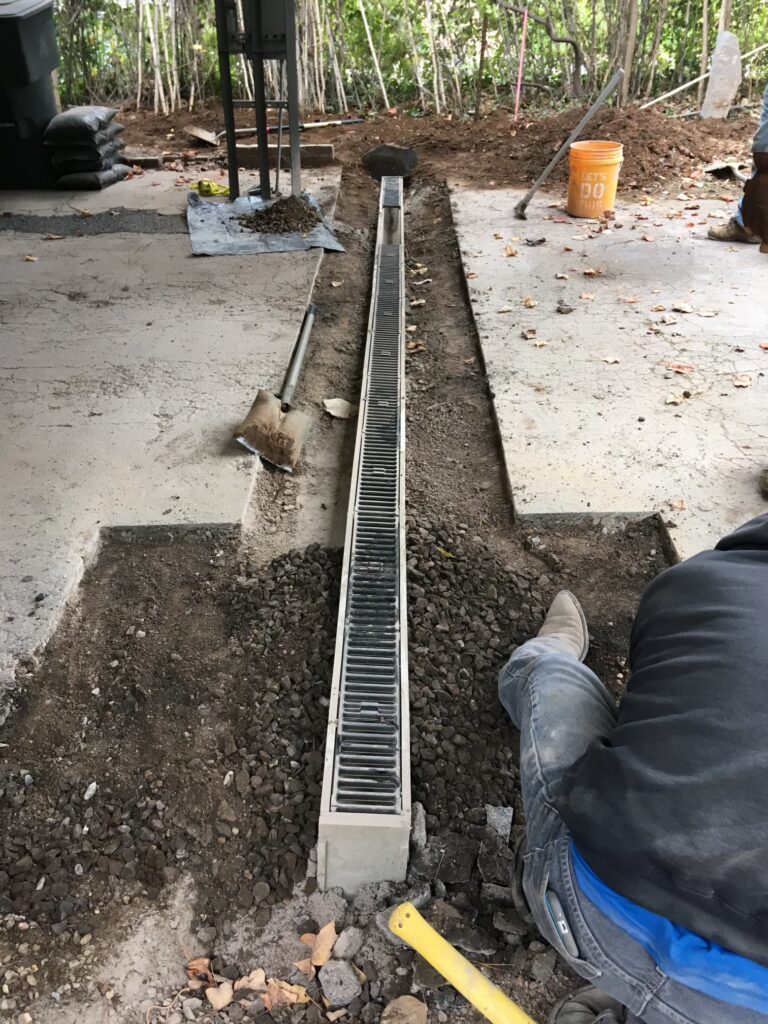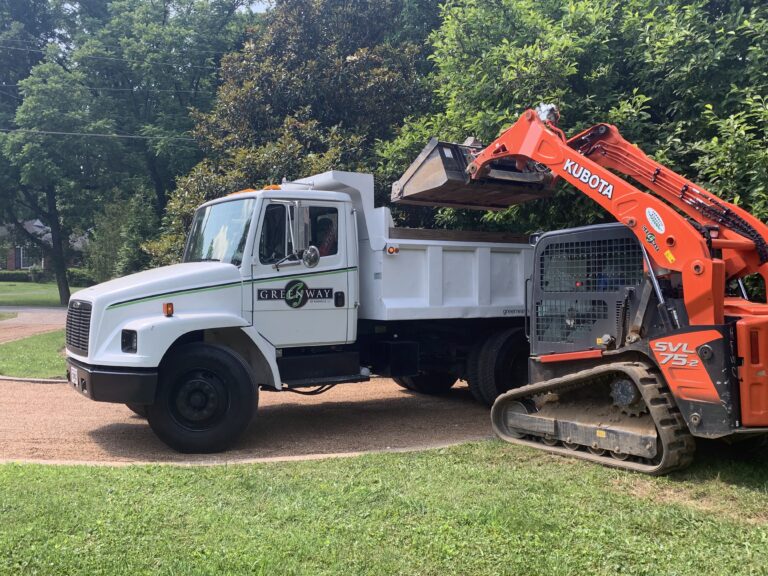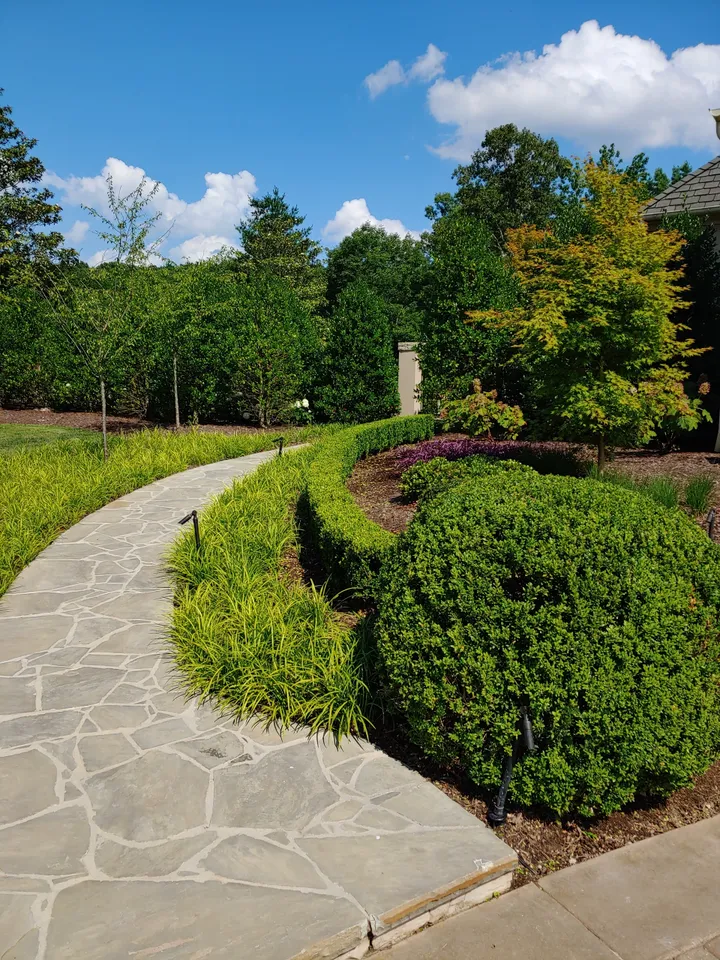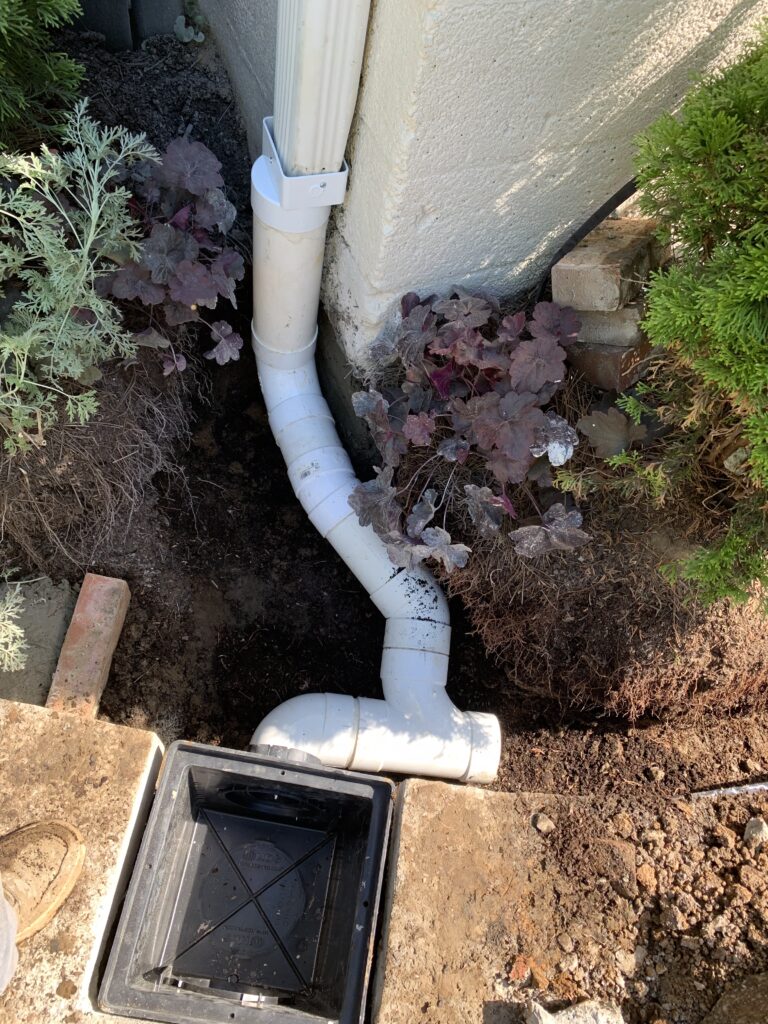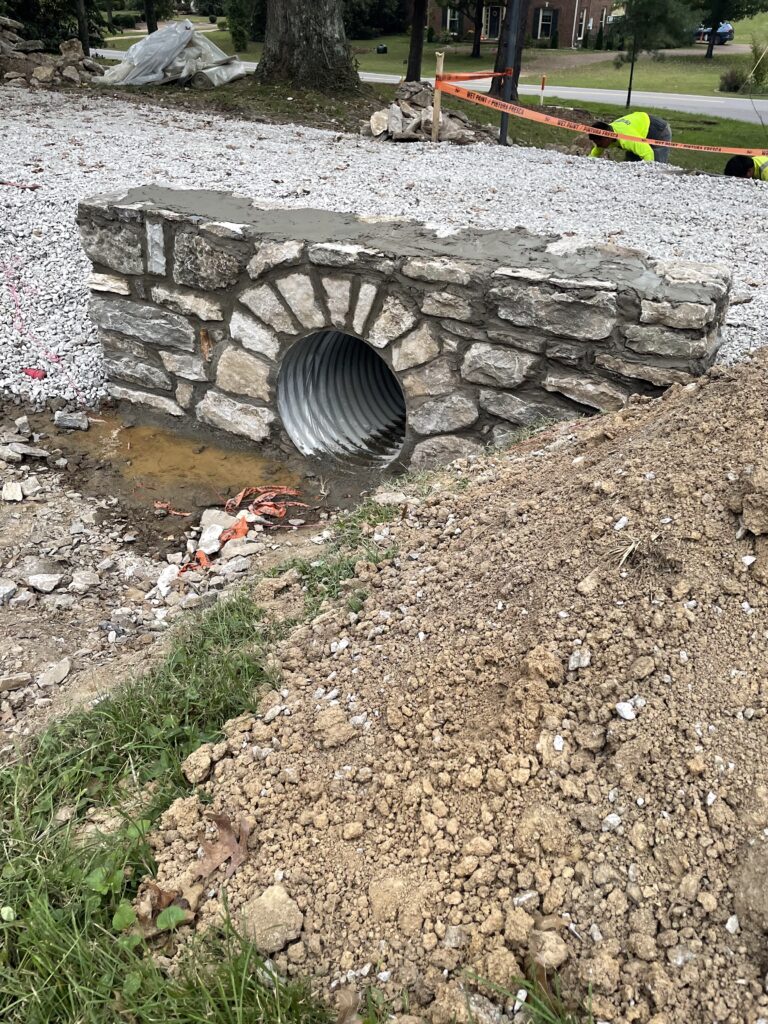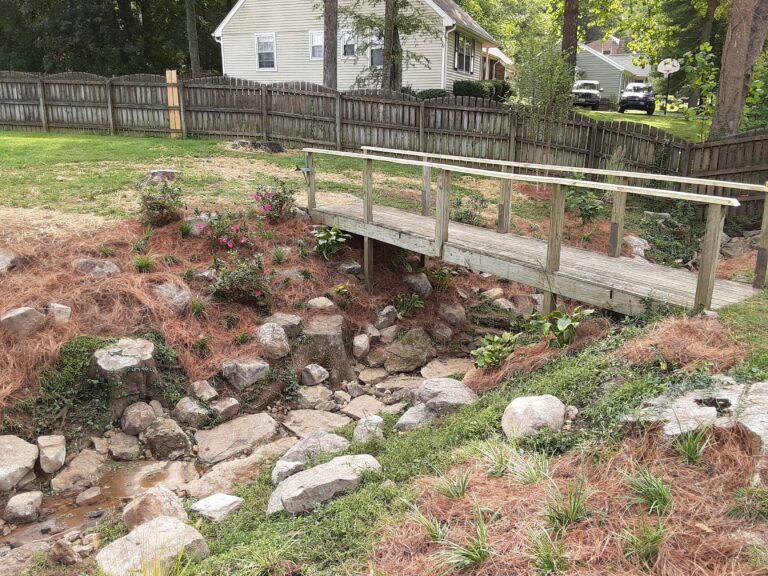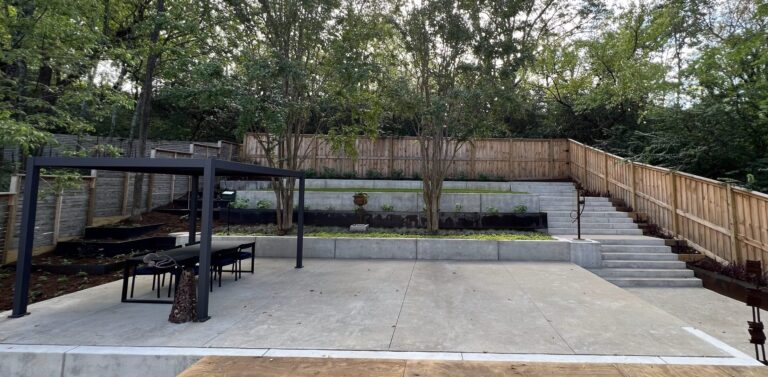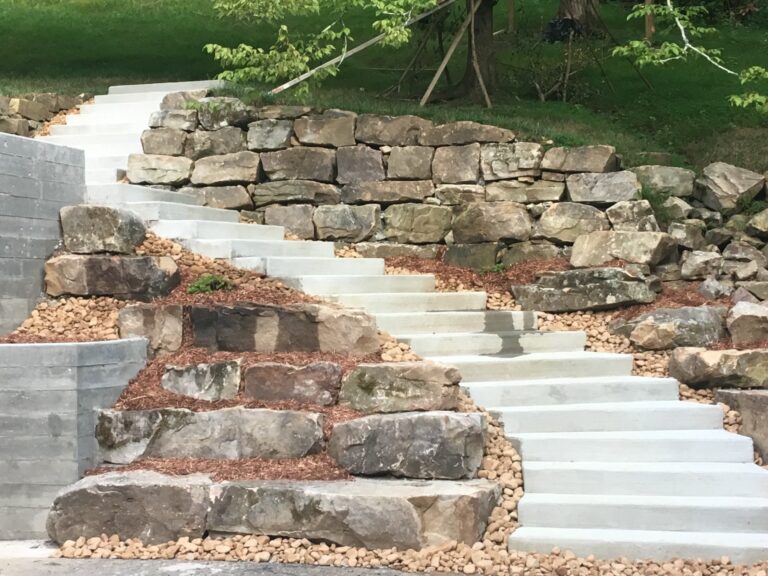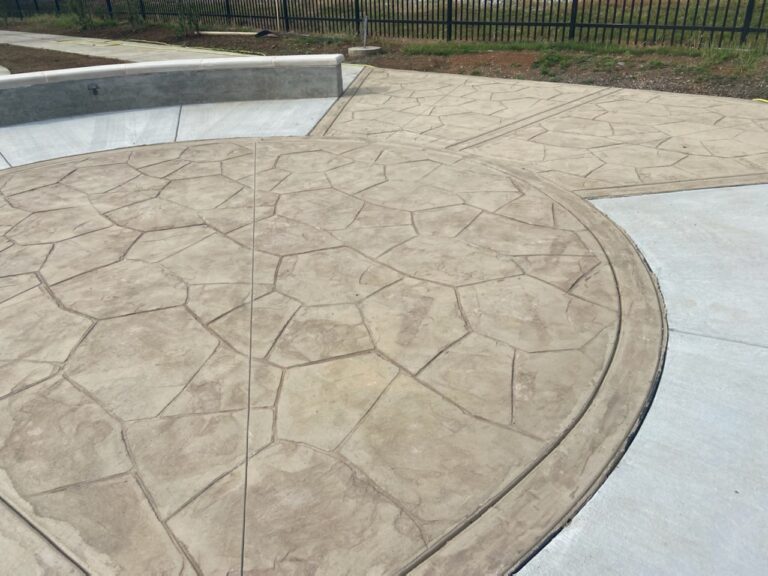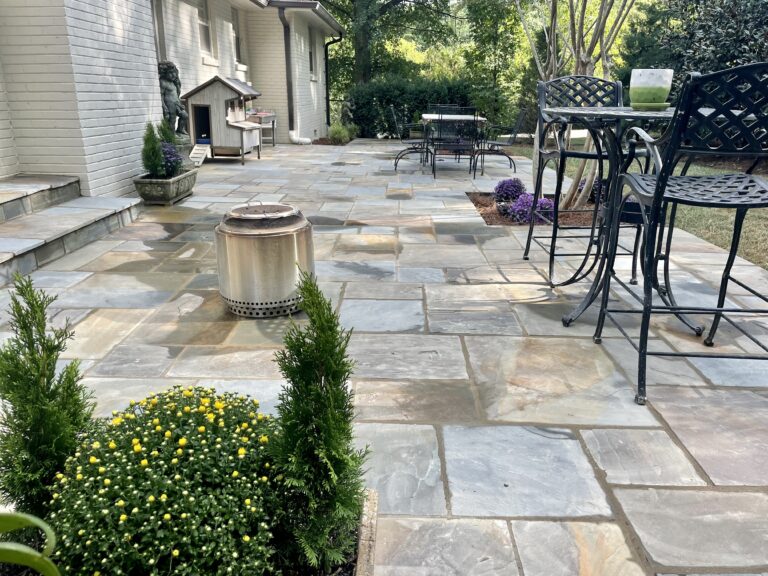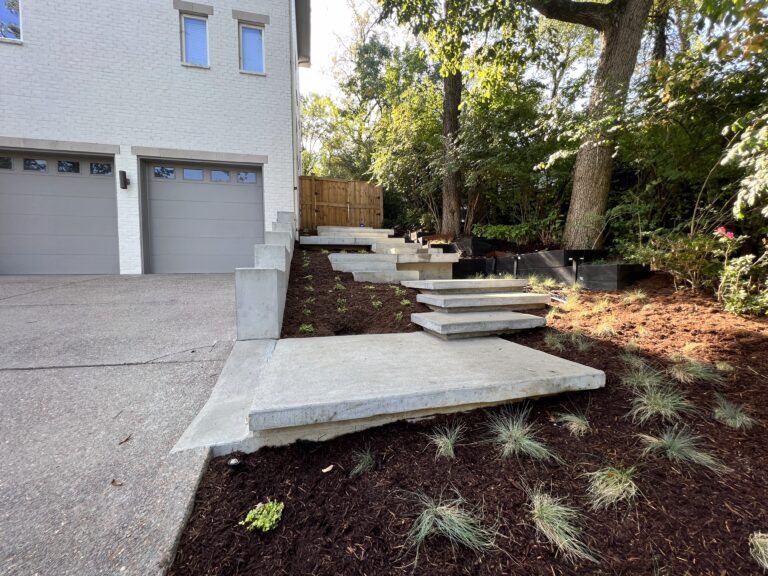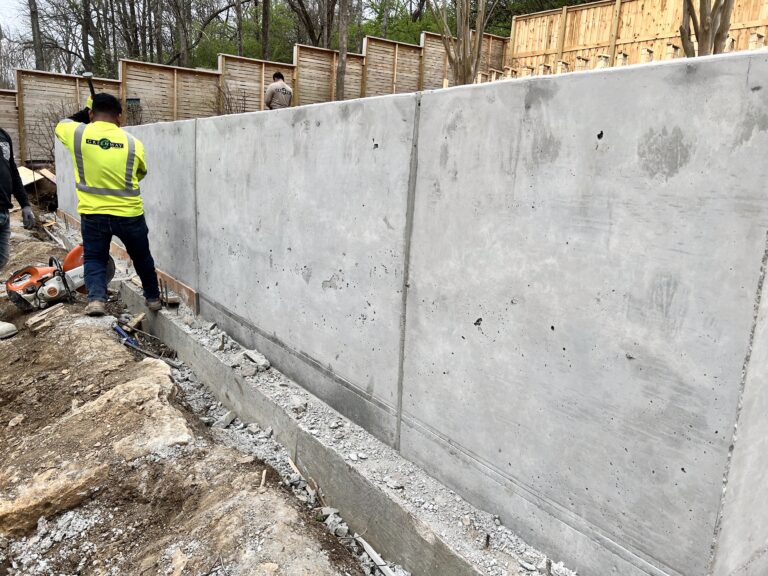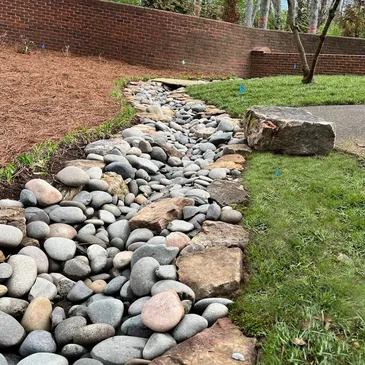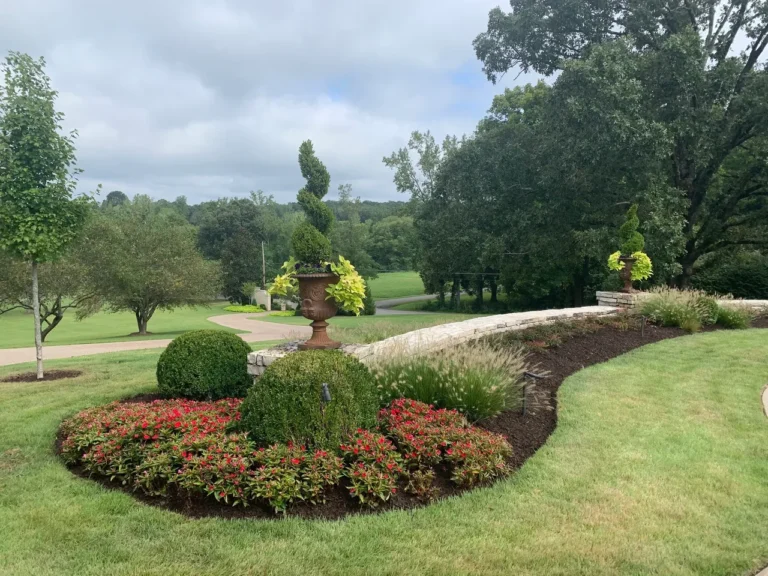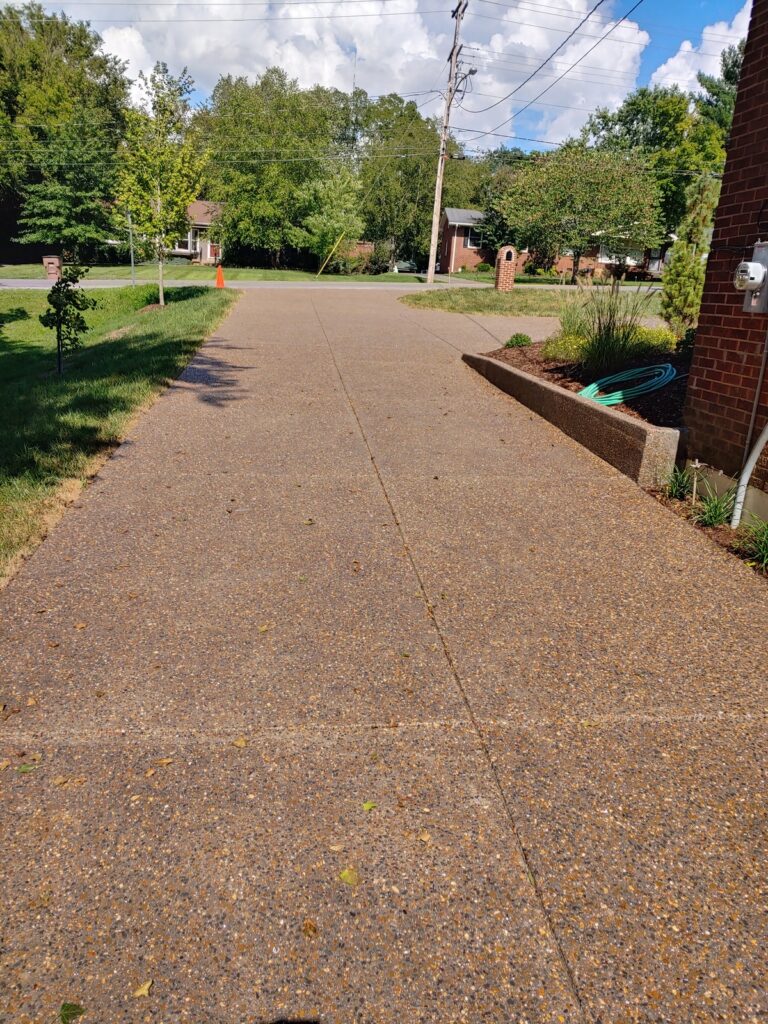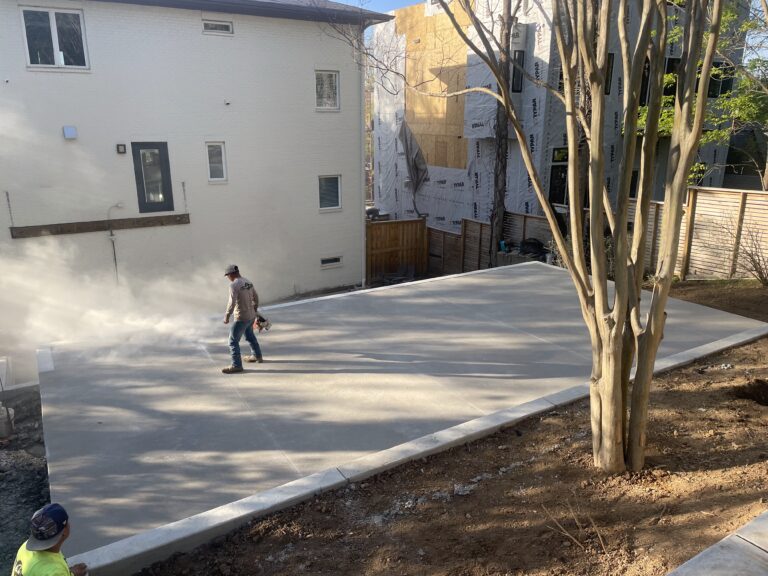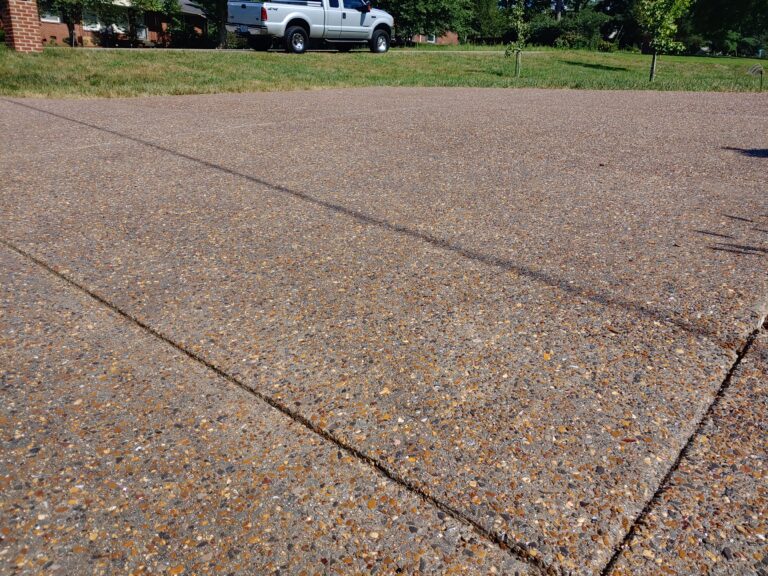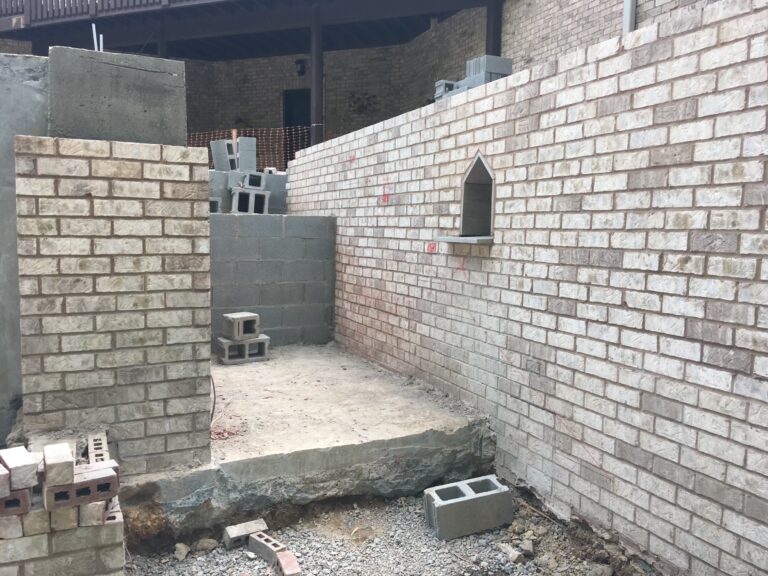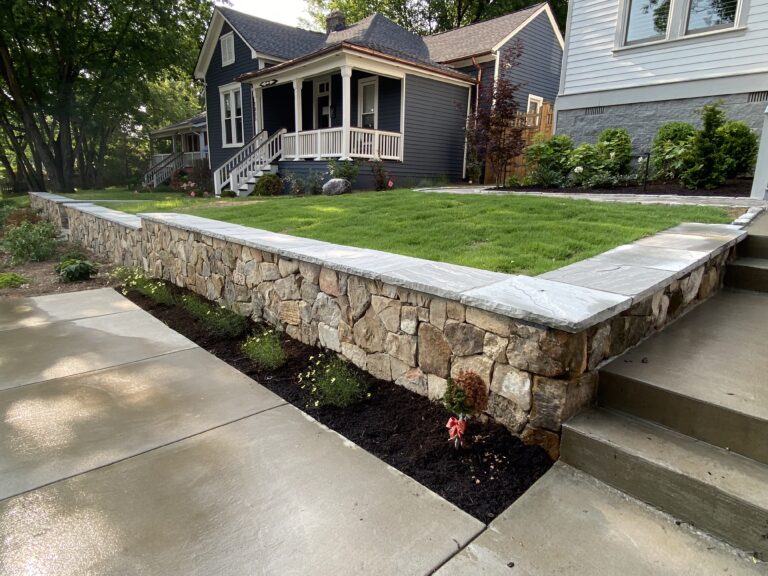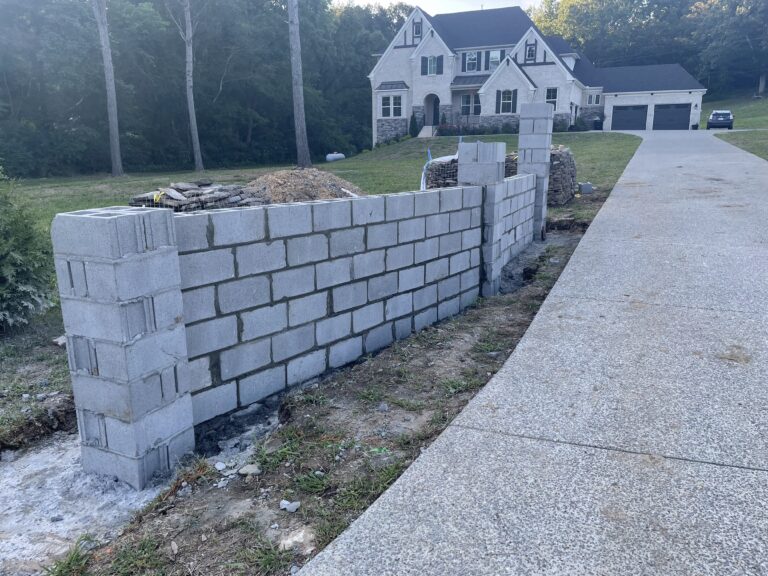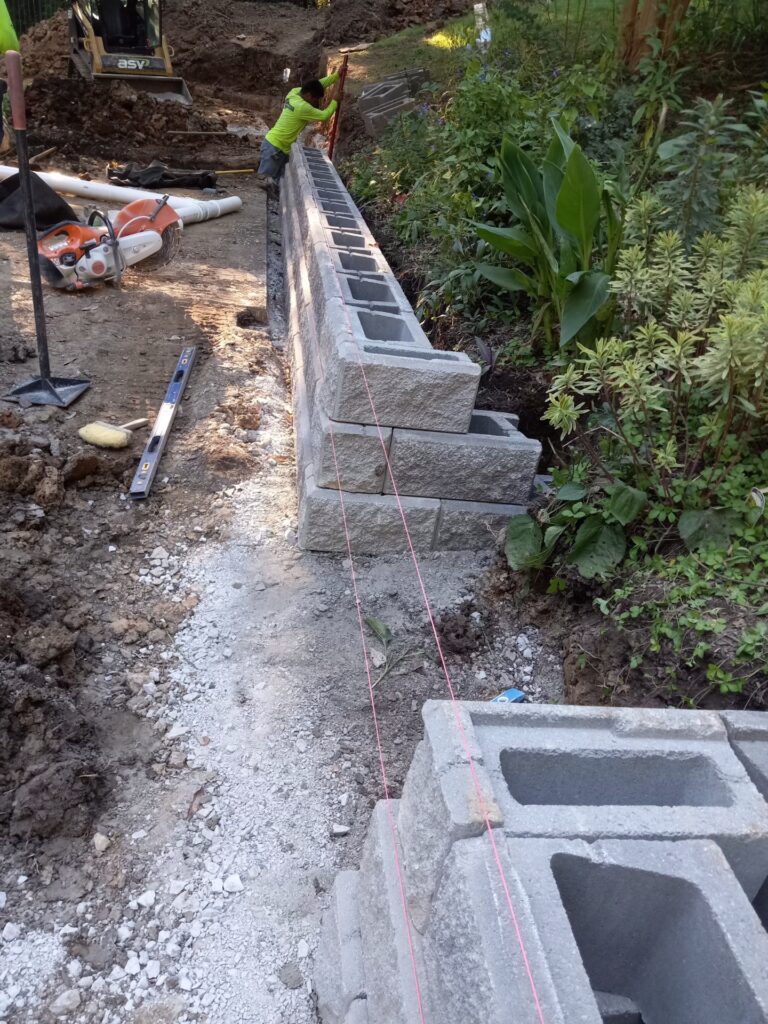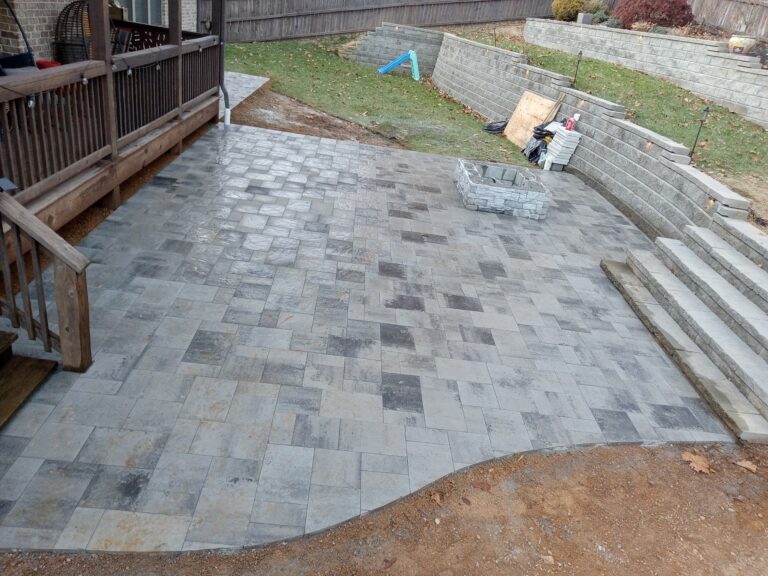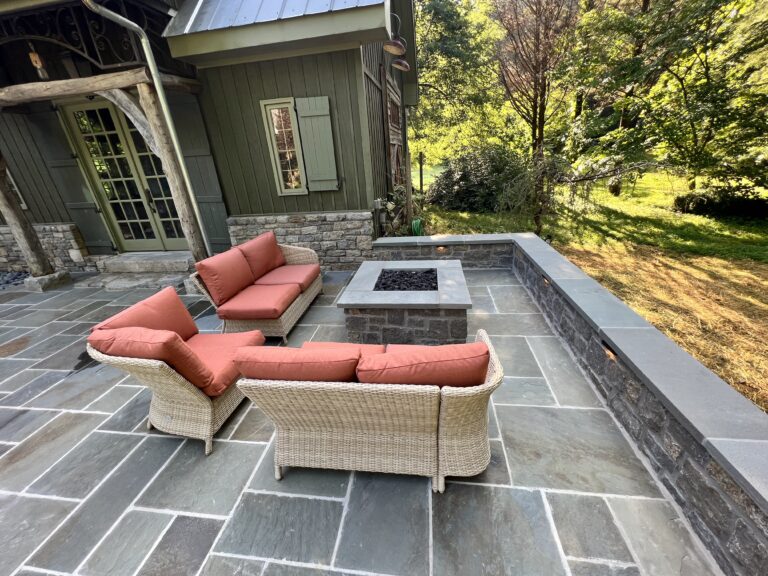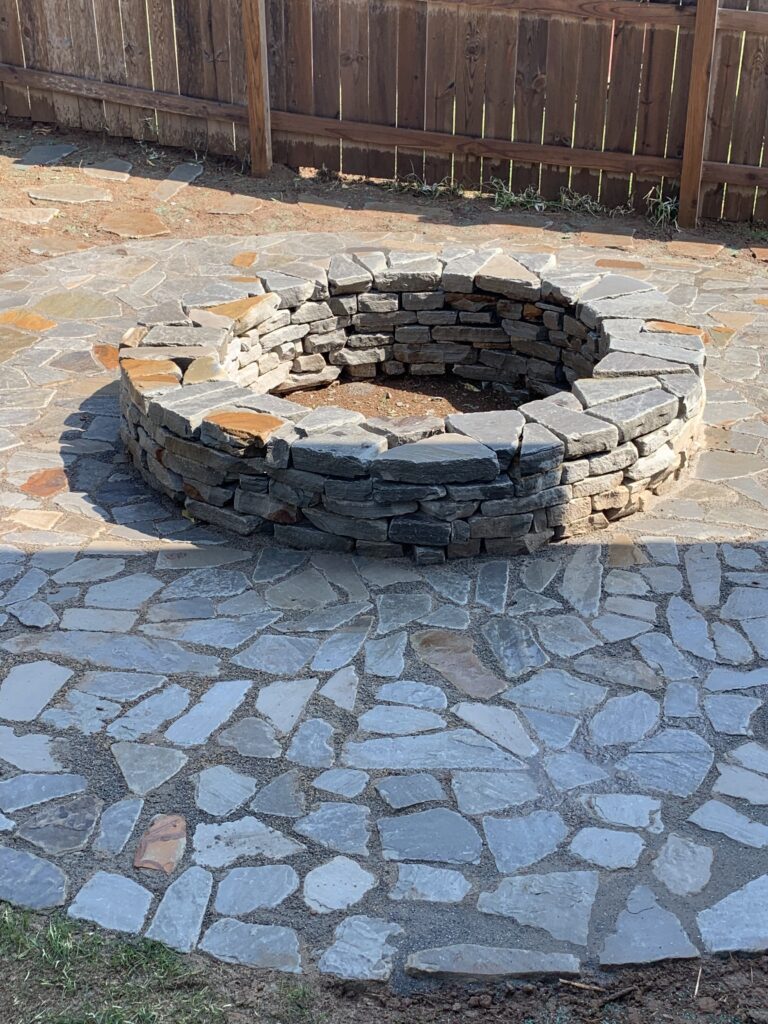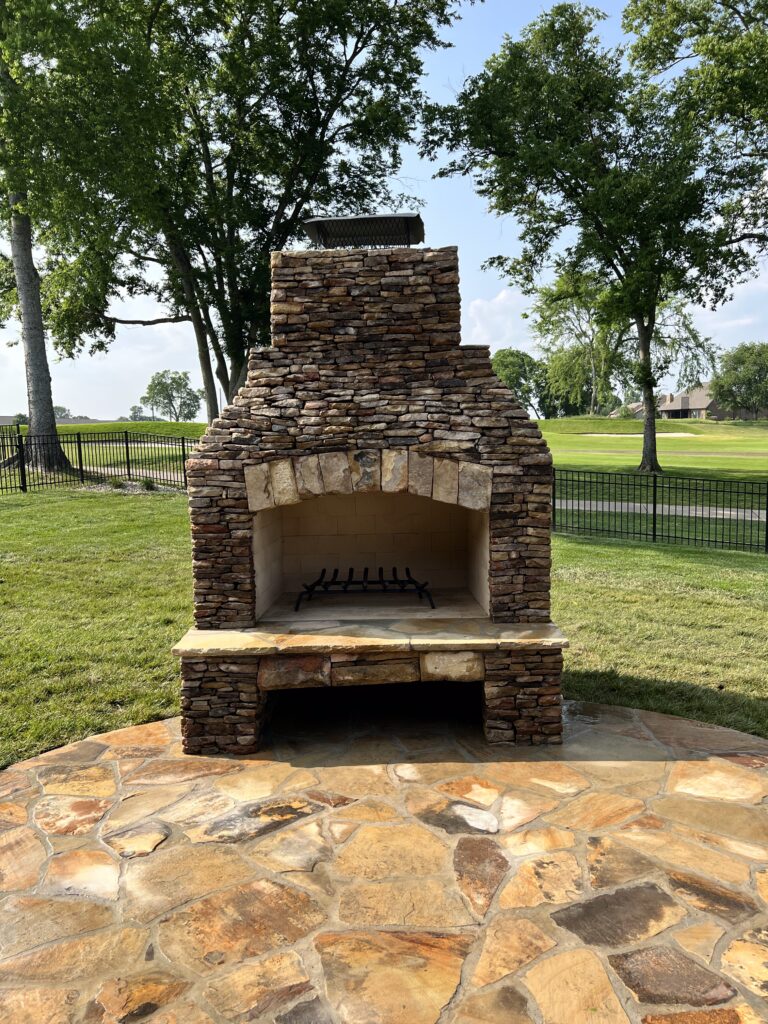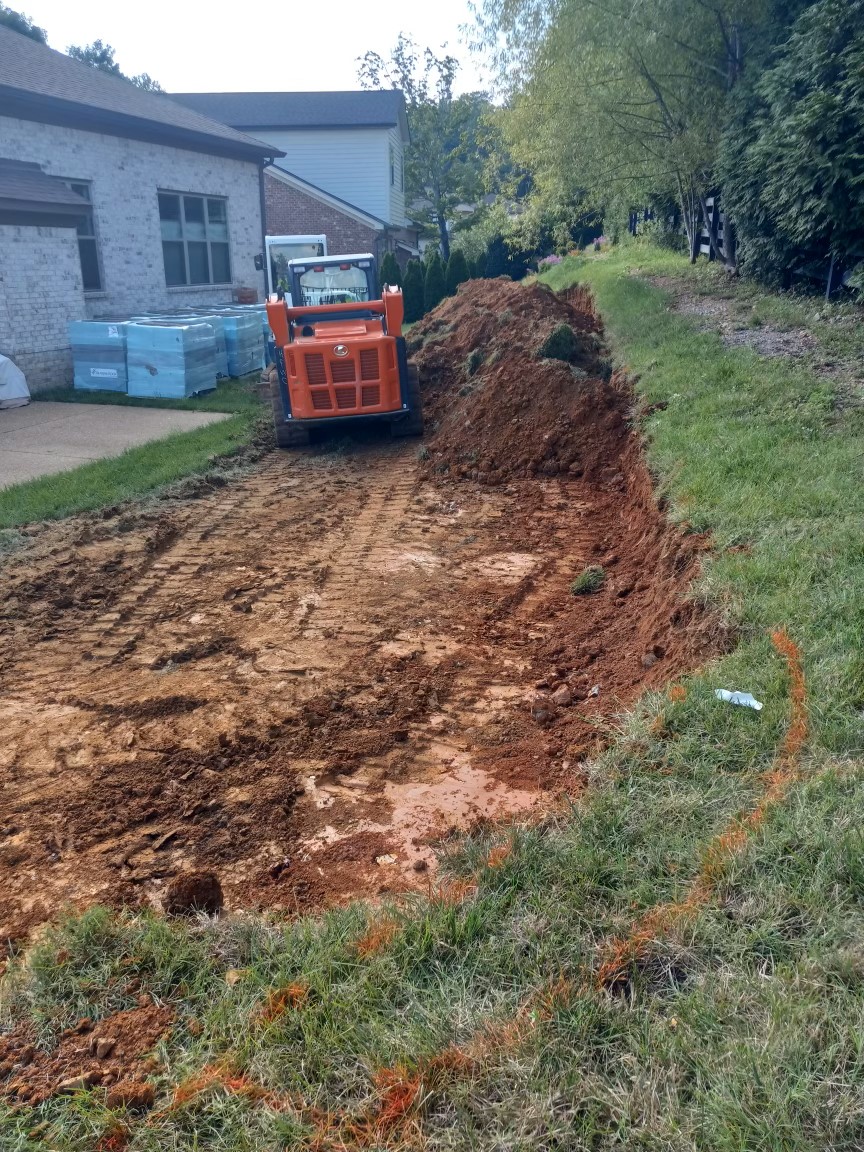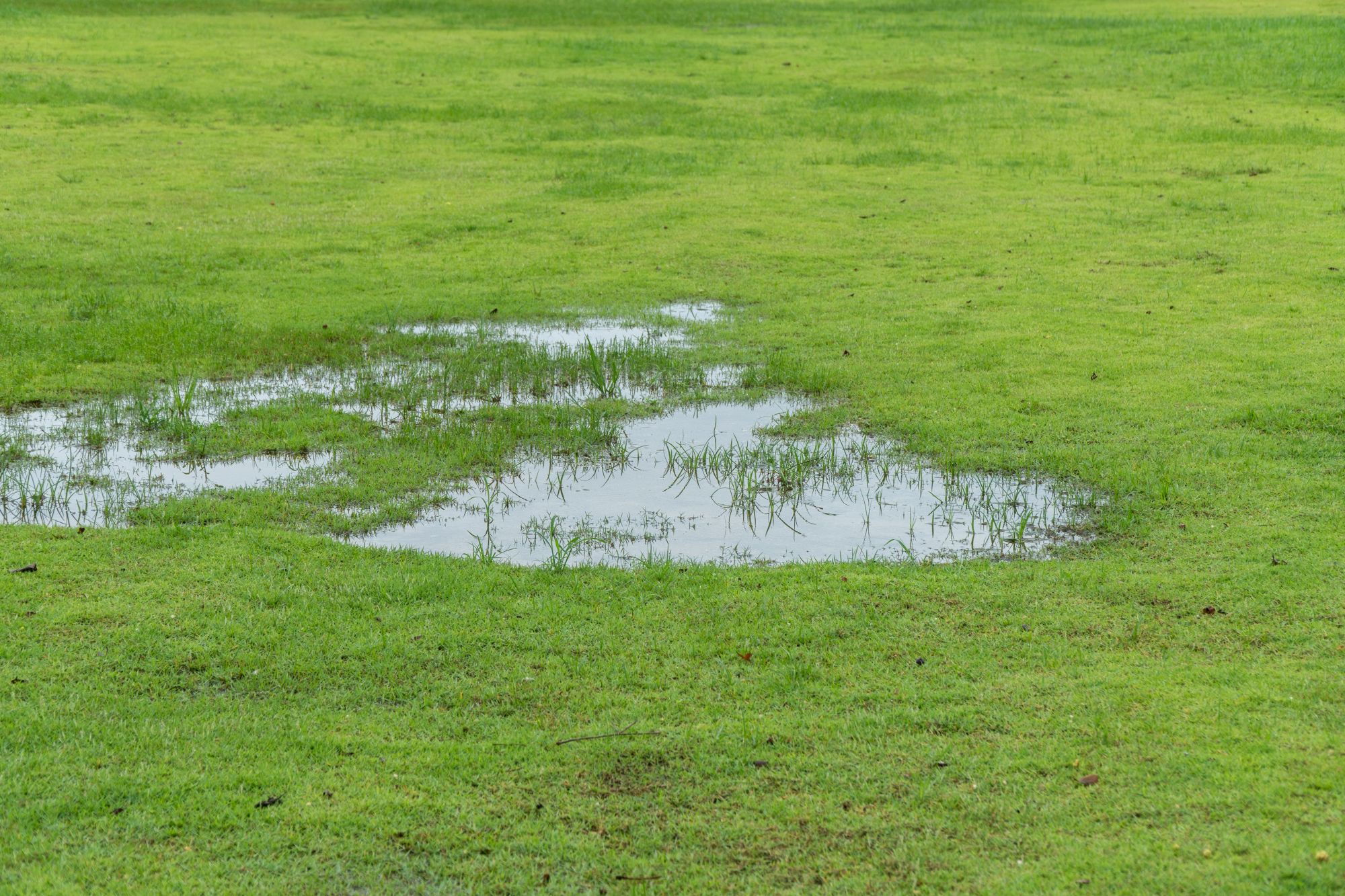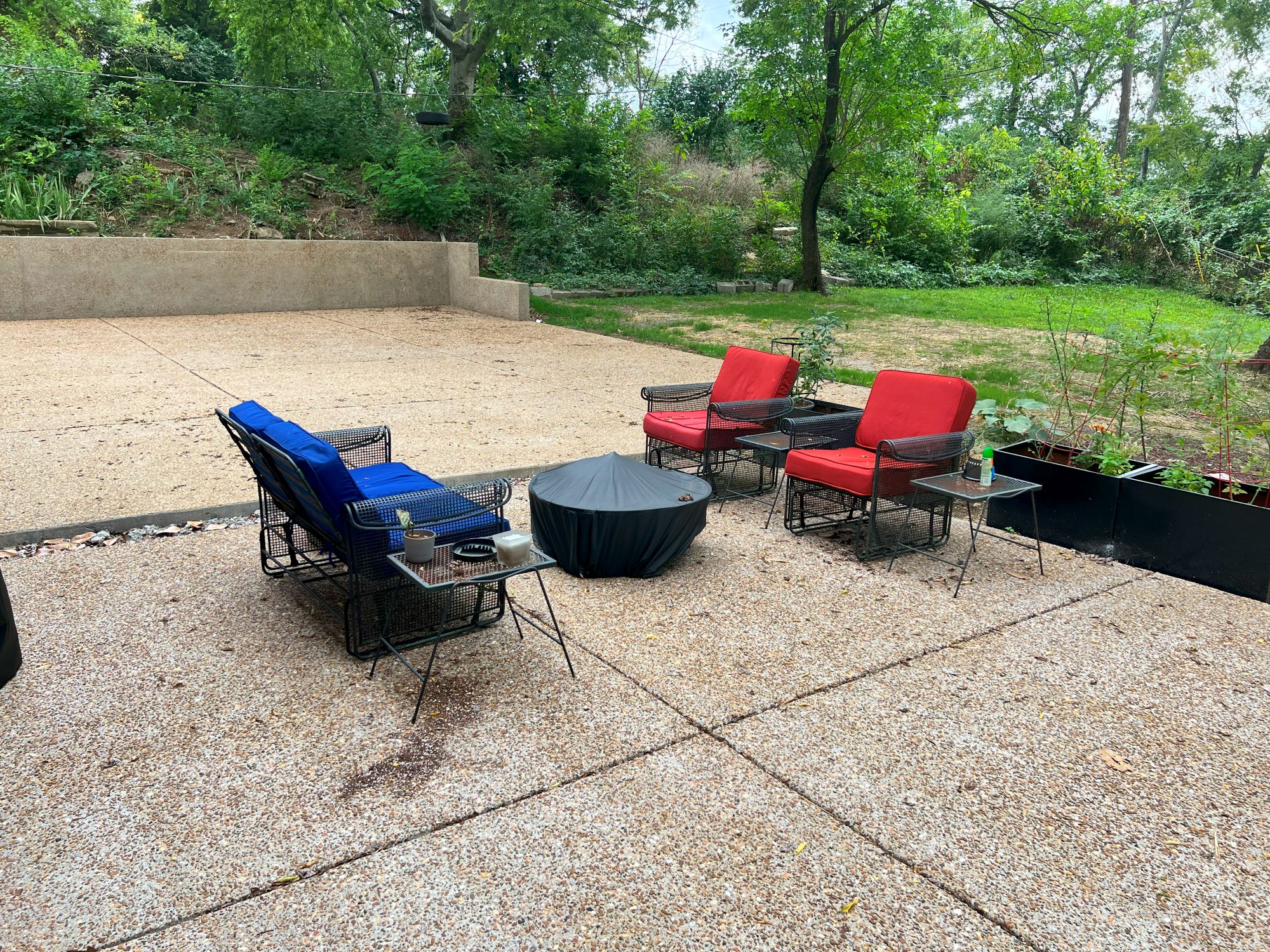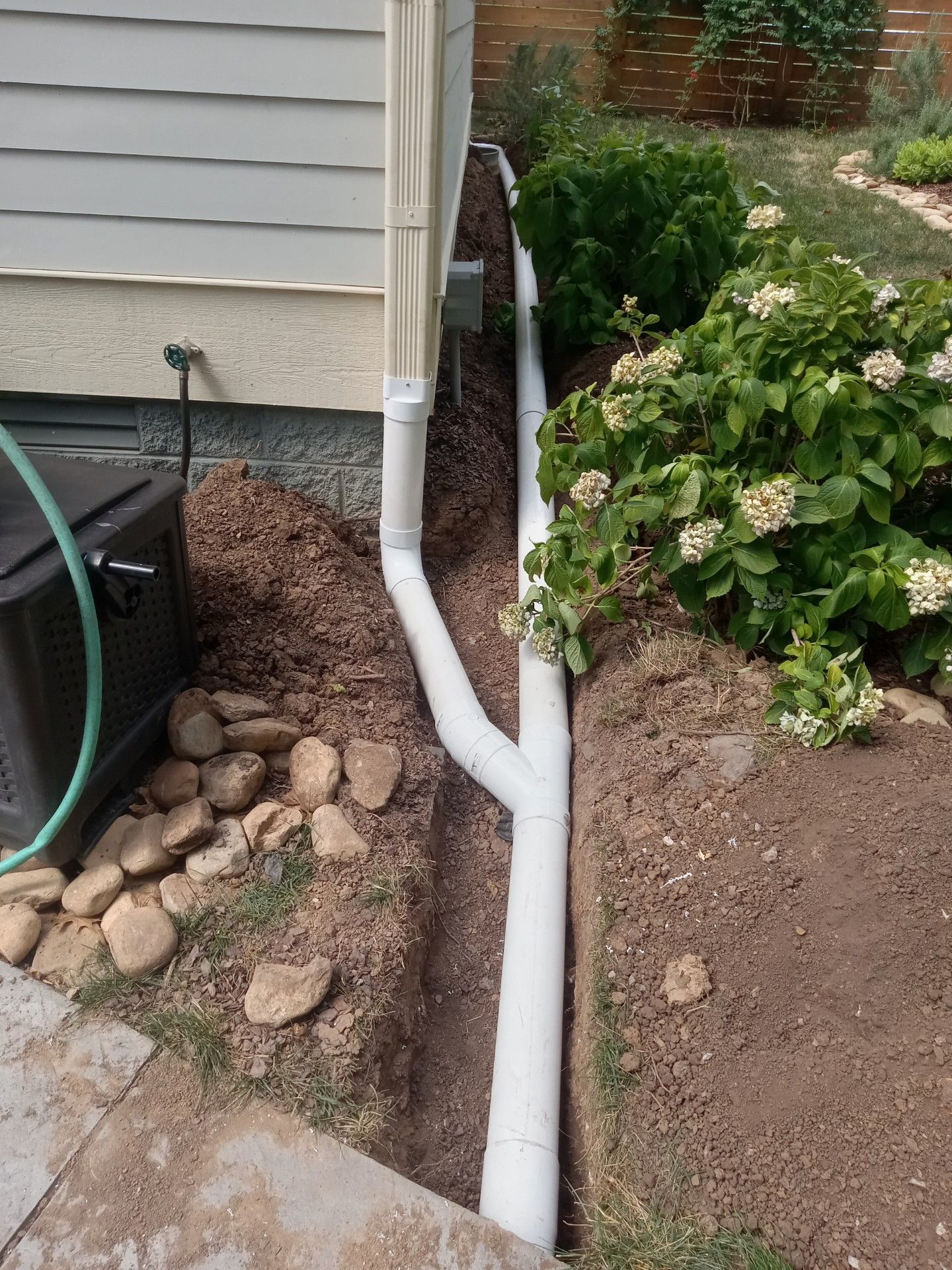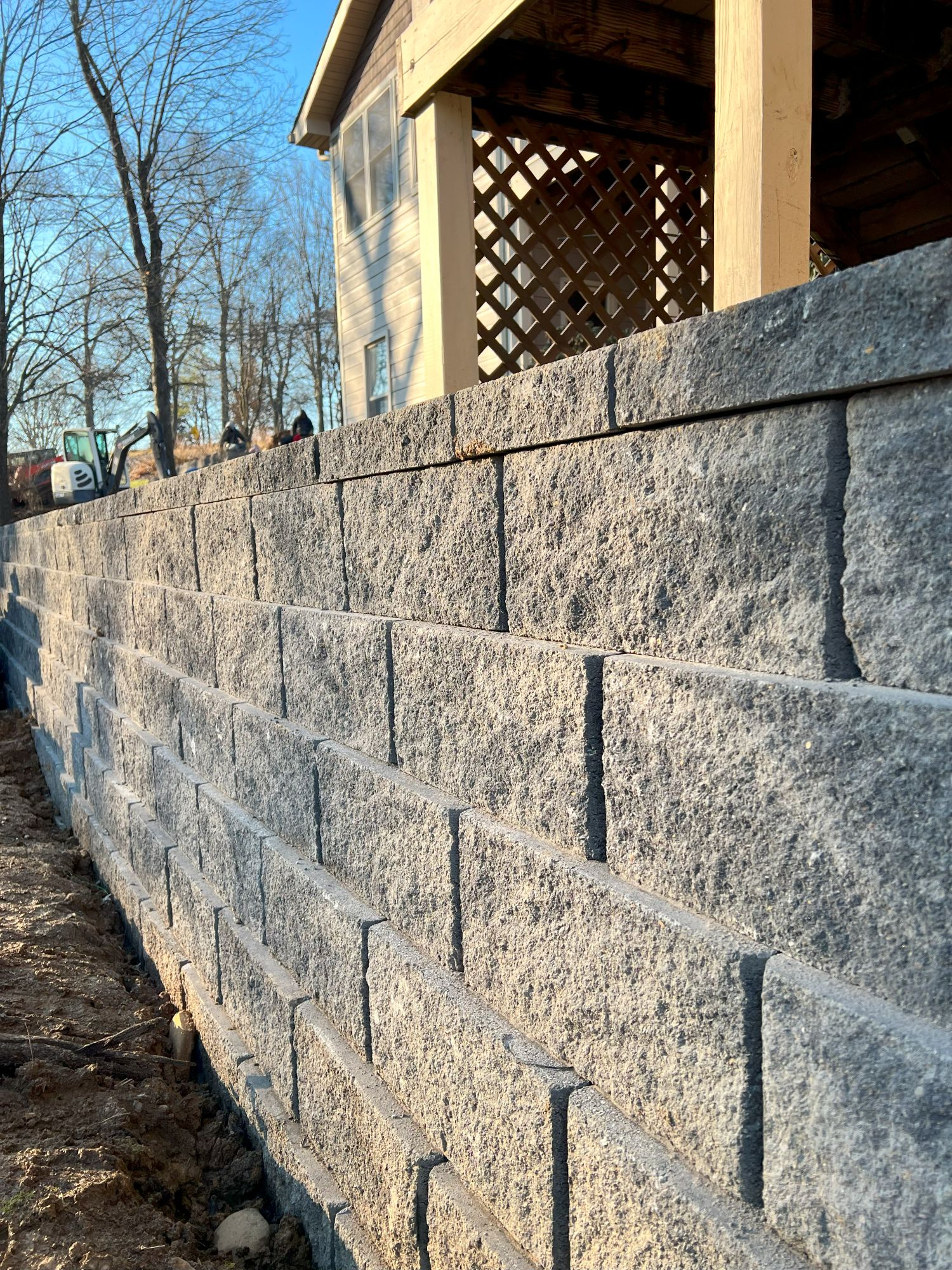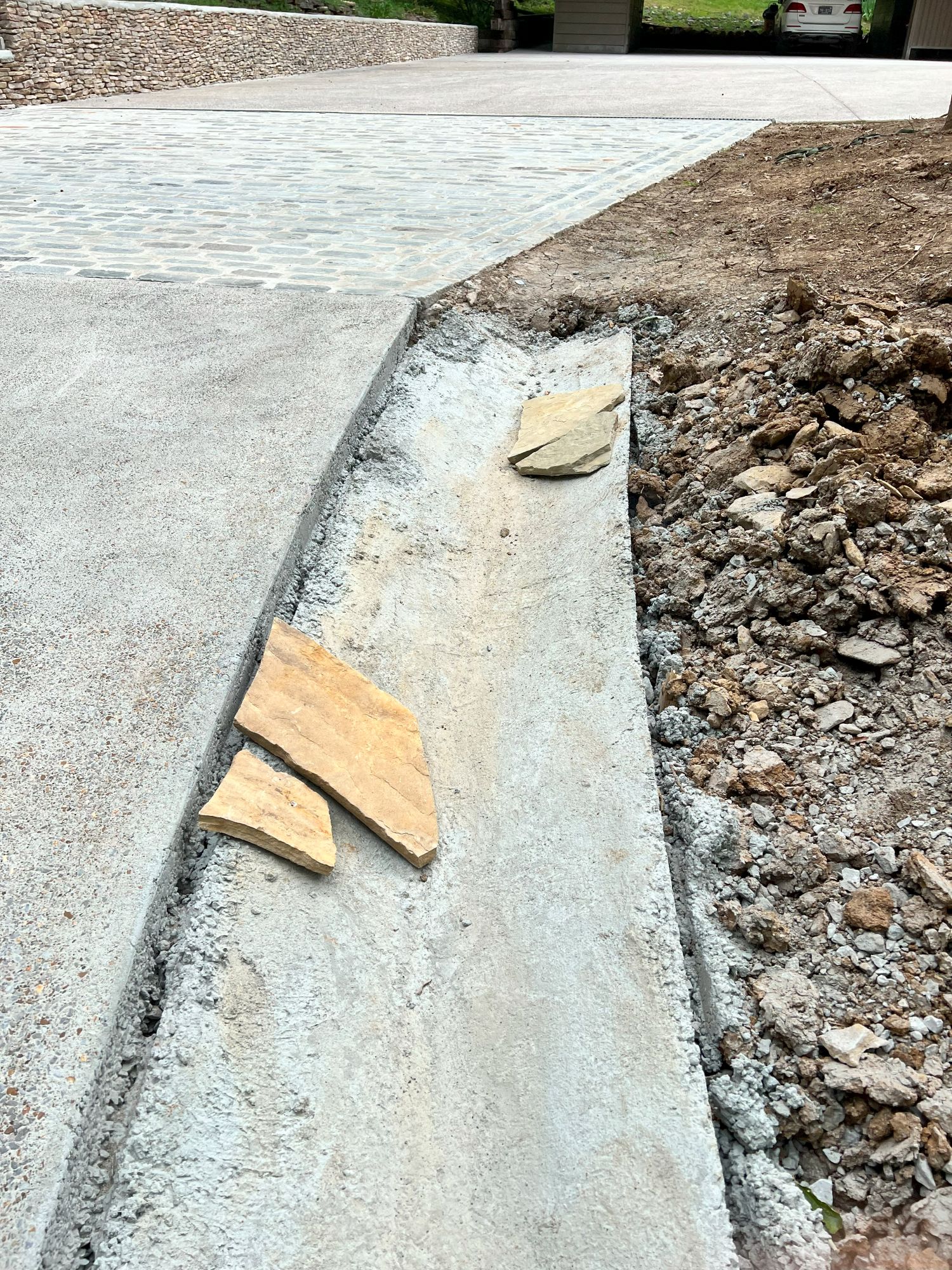One crucial element is often overlooked but essential for the longevity and functionality of outdoor spaces: land grading. This is especially true when it comes to patios and walkways. Proper grading, or changing the slope of the land, can make all the difference in maintaining structural integrity and preventing costly water damage. Overlooking this step when installing hardscaping features can vastly reduce their integrity and lifespan. We’ll discuss what land grading for a patio is, why it’s imperative for patios and walkways, what factors to consider, and why working with a professional hardscaping company like Greenway of Nashville matters.
What Is Land Grading?
Land grading refers to the process of shaping and leveling the ground’s surface to achieve a desired slope or contour. This manipulation of terrain serves several crucial purposes, with one of the primary goals being proper drainage. It can include transporting soil from a high area to a low one to level a sharp incline or creating a gentle slope by moving soil away from the outer perimeter of a flat area.
What Is Grading for an Outdoor Patio or Walkway?
If the existing ground is extremely angled, it promotes erosion or washing away of the soil. Over time, the surface becomes unstable underneath the walkway or patio, and the structure can shift dramatically. A completely flat surface may not allow for drainage when rain occurs, creating pooling that also affects the patio or walkway. Ideally, there should be a subtle slope that encourages gentle drainage without dramatic runoff.
Importance of Proper Drainage
When it comes to patios and walkways, adequate drainage is paramount. Without it, water can accumulate, leading to a myriad of issues such as:
- Water Damage: Standing water can seep into the foundation of structures, causing damage over time. If a patio or walkway is near the house and causes standing water, it could affect your foundation or basement. Flooding a basement or shifting a foundation requires expensive repairs and affects the integrity of the home.
- Erosion: Poor drainage can result in soil erosion around patios and walkways, compromising their stability. As the soil around the structure washes away, the patio and walkway are not supported and become unsteady as well as uneven. This creates safety hazards as well as puts fixing it on your to-do list.
- Mold and Mildew Growth: Excess moisture provides an ideal environment for mold and mildew to thrive, posing health risks and aesthetic concerns. Like the issue of water damage near the foundation or basement, mold and mildew growth can threaten the safety of your home and the health of those within it.
- Pest Infestations: Stagnant water attracts pests like mosquitoes, increasing the likelihood of infestations. Improper drainage around your patio can make it unusable when you can’t escape the colony of mosquitoes that has taken residence.
By ensuring proper preparation through effective grading and drainage, these potential problems can be avoided, preserving the integrity, safety, and beauty of outdoor spaces.
Factors to Consider
Grading is something that requires good planning as well as execution for the best results. There are several factors that must be taken into account when grading:
- Slope: The slope of the terrain plays a crucial role in directing water flow away from structures. A gentle slope is typically ideal for facilitating drainage without causing water to pool.
- Soil Composition: Different soil types have varying levels of permeability, affecting how quickly water drains. Understanding the soil composition allows for appropriate adjustments to ensure efficient drainage. For example, soil that is heavy in clay content drains poorly in comparison to soil higher in sand content.
- Adjacent Structures: Consideration must be given to nearby structures, such as buildings or retaining walls, to prevent water from flowing toward them and causing damage. If your land grading results in shifting the problem from one area to another, then you end up with ongoing problems.
- Local Regulations: Compliance with local regulations regarding drainage and runoff is essential to avoid potential legal issues down the line. There may be ordinances that require permits before land grading can take place, and it’s important to check with your local government beforehand.
“Work with skilled Nashville hardscaping and outdoor construction professionals who understand your vision and respect your schedule. Contact us for a free quote!”
How Land Grading Is Done
Grading for patios and walkways involves a systematic approach to shaping the terrain so that it drains water as effectively as possible. The process starts with a thorough assessment of the site to identify existing drainage issues and determine the optimal slope and contour for effective water runoff. This must be customized to every home as the landscape and property needs can vary widely from house to house, even in the same town.
Once the planning and any necessary permits are complete, excavation begins to remove any existing vegetation, debris, or uneven surfaces. This creates a clean slate for the grading to begin. Equipment such as bulldozers or graders will be used to alter the terrain so that it is shaped to achieve the desired slope and contour. Extensive amounts of soil may need to be moved and relocated if the grading is done with the intent to drastically change the topography.
Next, the soil is compacted to ensure stability and prevent settling, which can disrupt drainage patterns over time. In some cases, additional drainage systems are installed to complement the effects of the land grading. French drains, which are buried pipes that help redistribute water settling in the ground, are a common addition. Gutters and downspouts may also be installed to further facilitate water runoff. Once the surface is meticulously graded and smoothed, it can be prepared for the installation of patios, walkways, or other hardscaping elements.
Partnering With Professional Hardscapers for Effortless Land Grading
You may attempt to tackle grading drainage projects yourself, but hiring a professional hardscaping company may leave you with a better outcome. Hardscaping professionals like Greenway of Nashville have years of experience grading land. We know what pitfalls to look out for, how to get the best results, and what to do when the unexpected happens. As professionals, we possess the knowledge and experience necessary to assess drainage needs accurately and execute grading projects with precision.
Professional hardscapers also have access to specialized equipment required for grading, ensuring efficient and precise results. If you decide to DIY your land grading, you’ll need to rent expensive equipment that can have a learning curve and consequences if used incorrectly. Another consideration is that we are well-versed in local regulations and building codes. This ensures compliance with drainage requirements to avoid potential legal issues. If your project requires permits, we handle all of that on your behalf to save you the hassle. All of these things help homeowners save time and effort so they can focus on other priorities. It also can save you money as properly executed grading helps prevent costly water damage and repairs in the long run, as well as an expensive do-over if you have to do the entire project again.
Grading for patios and walkways is a critical aspect of hardscaping that should not be overlooked. By ensuring proper drainage through effective grading, homeowners can safeguard their outdoor spaces against water damage and preserve their beauty and functionality for years to come. Your search for landscape grading and drainage contractors near Nashville is done! Get optimal results with Greenway of Nashville. Entrust grading projects to your local professionals who are experts in their field!
At Greenway of Nashville, we’re here to help you make the most of your outdoor space. Give us a call at (615) 238-4574, or complete our form so we can schedule a free, no-obligation onsite visit.
Read More About:

